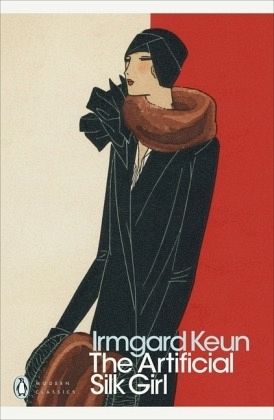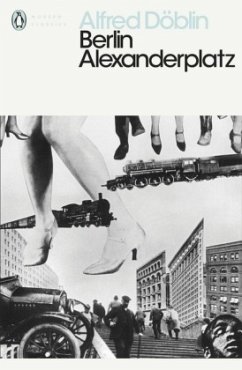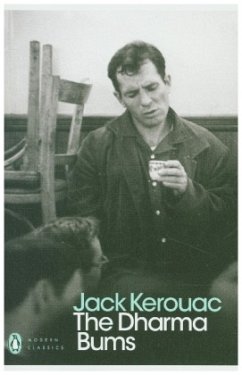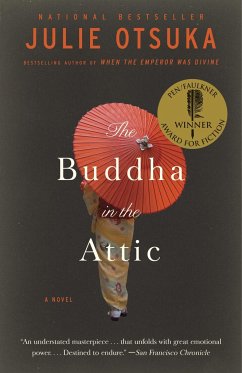
The Artificial Silk Girl

PAYBACK Punkte
4 °P sammeln!
A hilarious, tragic novel about a would-be movie star in 1920s Berlin, from the author of Child of All NationsDoris is going to be a big star. Wearing a stolen fur coat and recently fired from her office job, she takes an all-night train to Berlin to make it in the movies. But what she encounters in the city is not fame and fortune, but gnawing hunger, seedy bars, and exploitative men - and as Doris sinks ever lower, she resorts to desperate measures to survive. Very funny and intensely moving, this is a dazzling portrait of roaring Berlin in the 1920s, and a poignant exploration of the doomed...
A hilarious, tragic novel about a would-be movie star in 1920s Berlin, from the author of Child of All Nations
Doris is going to be a big star. Wearing a stolen fur coat and recently fired from her office job, she takes an all-night train to Berlin to make it in the movies. But what she encounters in the city is not fame and fortune, but gnawing hunger, seedy bars, and exploitative men - and as Doris sinks ever lower, she resorts to desperate measures to survive. Very funny and intensely moving, this is a dazzling portrait of roaring Berlin in the 1920s, and a poignant exploration of the doomed pursuit of fame and glamour.
The Artificial Silk Girl was a huge bestseller in Weimar Germany before the Nazis banned it, and is today Keun's best-loved book in Germany. Funny, fresh and radical in its dissection of the limited options available to working women, it is a novel that speaks to our times.
Doris is going to be a big star. Wearing a stolen fur coat and recently fired from her office job, she takes an all-night train to Berlin to make it in the movies. But what she encounters in the city is not fame and fortune, but gnawing hunger, seedy bars, and exploitative men - and as Doris sinks ever lower, she resorts to desperate measures to survive. Very funny and intensely moving, this is a dazzling portrait of roaring Berlin in the 1920s, and a poignant exploration of the doomed pursuit of fame and glamour.
The Artificial Silk Girl was a huge bestseller in Weimar Germany before the Nazis banned it, and is today Keun's best-loved book in Germany. Funny, fresh and radical in its dissection of the limited options available to working women, it is a novel that speaks to our times.














